Herbal Remedies for Chronic Pelvic Pain Syndrome/CPPS
Date:2019-12-11 click:0
In the 1970s, with Swedish scientists discovering that the effective substances in pollen can definitely treat prostate disease, the concept of herbal medicine quickly caused a sensation in the urology field and had a profound impact. At present, it is the first choice for many doctors and patients in western countries to treat chronic pelvic pain syndrome(CPPS).
In traditional Chinese medicine, blood stasis is the key cause of the disease and repeated attacks. The herbal medicine of promoting blood circulation and relieving pain can expand the blood vessels in prostate, accelerate the blood circulation, strengthen the tissue oxygen supply, and make the drug efficacy directly act on the prostate to improve the microcirculation, unblock the prostate tube, inhibit the release of inflammatory mediators, anti-fibrosis and regulating the immune function. And here are some herbs that are good for CPPS.
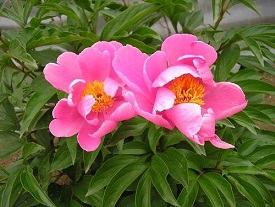
Red peony
Bitter, pungent and cold. It can promote blood circulation and remove blood stasis, relieve swelling and pain, increase coronary blood flow and cardiac output, inhibit platelet aggregation, improve microcirculation, resist bacteria and virus, relax smooth muscle, relieve spasm and pain. Regular use can not only enhance the body's resistance to disease but also prevent disease.
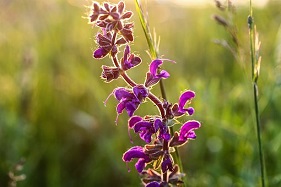
Salvia mil
Modern research has proved that Salvia miltiorrhiza can obviously improve microcirculation, dilate blood vessels, anticoagulant, antioxidant, anti-tumor, sedative and other effects; regular use of some Salvia miltiorrhiza can also play a very good role in promoting blood circulation and relieving pain.
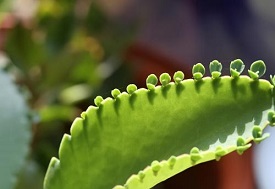
Air Plant Herb
The unique characteristic of rooting is that the leaves can grow when they land on the ground. This plant is native to Africa, according to the relevant data, it is slightly sour and astringent in flavor, cool in nature, and have a certain medicinal value, with the effect of detoxification and detumescence, promoting blood circulation and pain relief.
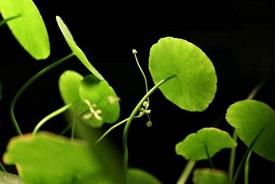
Herba Lysimachiae
Herba Lysimachiae is widely distributed in the tropical and subtropical regions of the northern and southern hemispheres. It contains flavonoids, polysaccharides, zinc, manganese and other trace elements. It tastes sweet, slightly bitter and cool in nature. It has the functions of clearing heat and promoting diuresis, eliminating pain, eliminating inflammation and detoxification. It can improve the symptoms of urinary calculi, urination issues, constipation and so on.
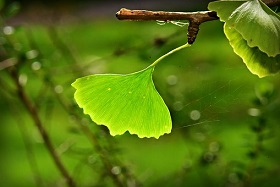
Ginkgo leaf
Ginkgo leaf(extract) contains antioxidant flavonoids that can protect nerve cells and terpenoids, which can promote blood circulation. It can dilate blood vessels, help blood dilution, inhibit thrombus stroke and promote blood circulation. Besides, it can be added to other prescriptions to enhance drug efficacy.
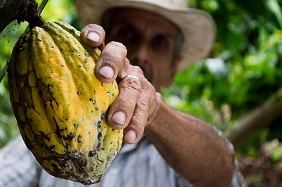
Cocoa
Cocoa contains flavonoids, which are antioxidants related to healthy blood circulation. These flavonoids are found in many fruits and plants. Compared with white chocolate without flavonoids, cocoa with natural flavonoids can promote blood circulation.
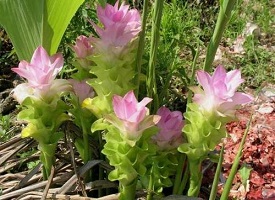
Curcuma
Curcuma is the root of tulip. It has the functions of promoting blood circulation and relieving pain, promoting Qi and relieving depression, clearing internal heat and cooling blood, soothing liver and promoting gall. Modern research shows that Curcuma can also regulate immunity, improve blood circulation and resist free radical damage.
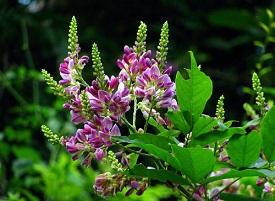
Caulis Spatholobi
It can play a great role in the promotion of blood circulation. On the one hand, it can increase the flow rate of blood, improve the vitality of the blood, on the other hand, it can also increase the hemoglobin in the blood, which has the effect of replenishing blood. At the same time, Caulis Spatholobi can reduce blood pressure and blood lipid, which is good for the whole blood circulation system. In addition, it can effectively improve the immunity of the body.
The above herbs introduced are all-natural, but the effective ingredients are relatively complex, such as alkaloids, saponins, tannins, volatile oil, etc. Although the toxicity is slight, if the dosage is too large, there will be different degrees of side effects. In addition, the efficacy of single herbs is very limited.
The clinical cause of CPPS has not been determined yet. It has a long course, severe symptoms, and is difficult to cure with a high recurrence rate, and patients will have a heavy psychological burden. There is no effective treatment in modern medicine. But the herbal medicine Diuretic and Anti-inflammatory Pill can treat CPPS by syndrome differentiation, classification, and prescription, and can achieve a great effect.
Diuretic and Anti-inflammatory Pill is a patented herbal formula developed by Dr. Lee Xiaoping of Wuhan based on the theory of traditional Chinese medicine and her own 30 years of experience in medical practice with reasonable addition and subtraction on the basis of ancient prescriptions.
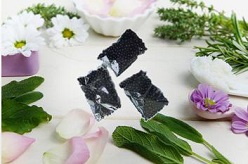
Dr. Lee believes that CPPS is caused by the stagnation of blood stasis, which leads to poor circulation of Qi and blood. Therefore, to eliminate these symptoms, it is necessary to use drugs with the effect of promoting blood circulation and removing blood stasis, promoting Qi and relieving pain, while angelica, safflower, peach kernel and other herbs in the formula exactly have this effect, help patients eliminate pain and swelling.
Moreover, it will not cause any side effects or any damage to the human body, is a great choice for patients to use in prostate disease treatment and health care.
Tips: this list of herbs is not medical advice and should not be taken unless advised by a healthcare provider.



